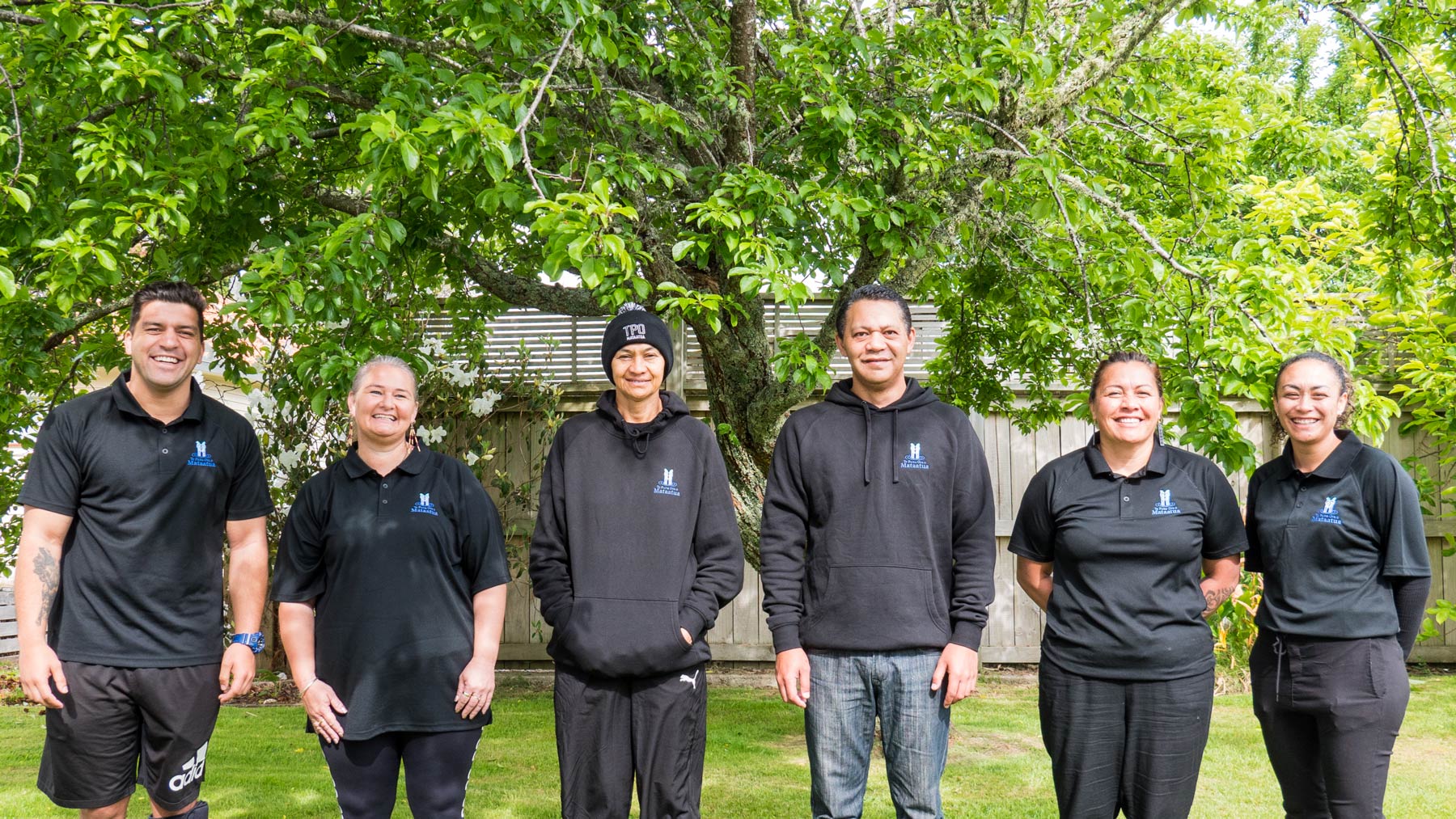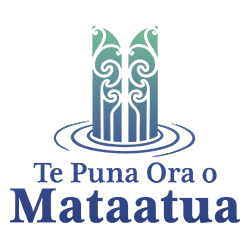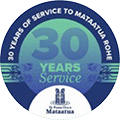Te Puna Ora o Mataatua has bolstered its services, employing five new staff to deliver a new therapeutic counselling service.
The Whakatāne social, health, employment and training provider received funding for the new mental health service this month and has launched the Ngā Mata Wai Ora counselling and therapy hub which opens its doors on Monday 16th November.
Chief Executive Dr Chris Tooley said Te Puna Ora o Mataatua was focussed on providing integrated wrap around support for clients aimed at achieving long-term well-being and the counselling service is a pivotal to achieving this”.
He said the services would provide access for early intervention to support people facing challenges to their mental health and well-being.
“We know that early intervention is always key for our whānau. However, currently people cannot access support unless there is a threat of self-harm or they are saying they want to commit suicide. It has been massive gap in the provision of healthcare in Whakatāne for too long.
“As part of the mental health funding recently allocated, we’ve been able to set up a counselling and therapy programme with six counsellors who can provide practical and therapeutic services to our whānau because we recognise that times are tough.
Alongside clinical, historical and systemic trauma experienced by our community, unemployment for Māori is at 27% per cent in the Eastern Bay , people are going through hardships, struggling to pay their bills and even put kai in their cupboards. Imagine all that pressure builds up over time, impacting on people’s mental health. This programme allows all our whānau to come and seek help”.
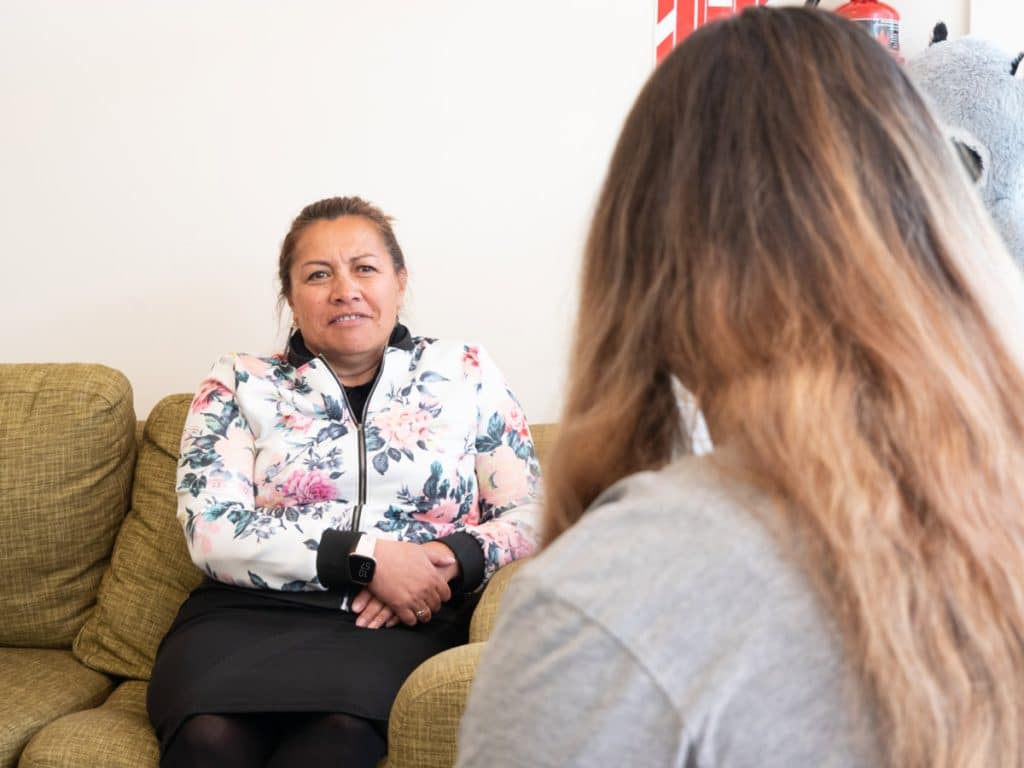
Dr Tooley said previously the organisation’s counselling services were focussed on rangatahi (young people) with some natural flexibility of caring for the wider whānau along the way.
“The new counselling contracts allow us to help all whānau, adults and rangatahi, with support needs including those caused by experiencing mental health, domestic violence, alcohol and addiction, trauma, bullying, eating disorders, racism, gender identity and discrimination.
Dr Tooley said Te Puna Ora o Mataatua would use its cultural model, Te Poutokomanawa o te Puna Ora to implement the programme.
He said while the service was available to all those in the community, Māori were 1.5 times more likely to have depression or anxiety compared to non-Māori and Māori men were twice as likely to suffer mental health issues compared to their non-Māori counterparts.
“The key thing that sits behind all of our programmes is engagement. Our whānau need to be engaged first so we can broker the trust that is required.
“There is a lot of mistrust of the system out there but the fact that we have a Māori workforce and models that use kaupapa Māori, we understand the whole environment that we are working in. We are not trying to have the traditional sit down consultations in cubicles, we will be using a range of culturally appropriate environments and forms of engagement. We will do whatever our whānau need to receive these services.”
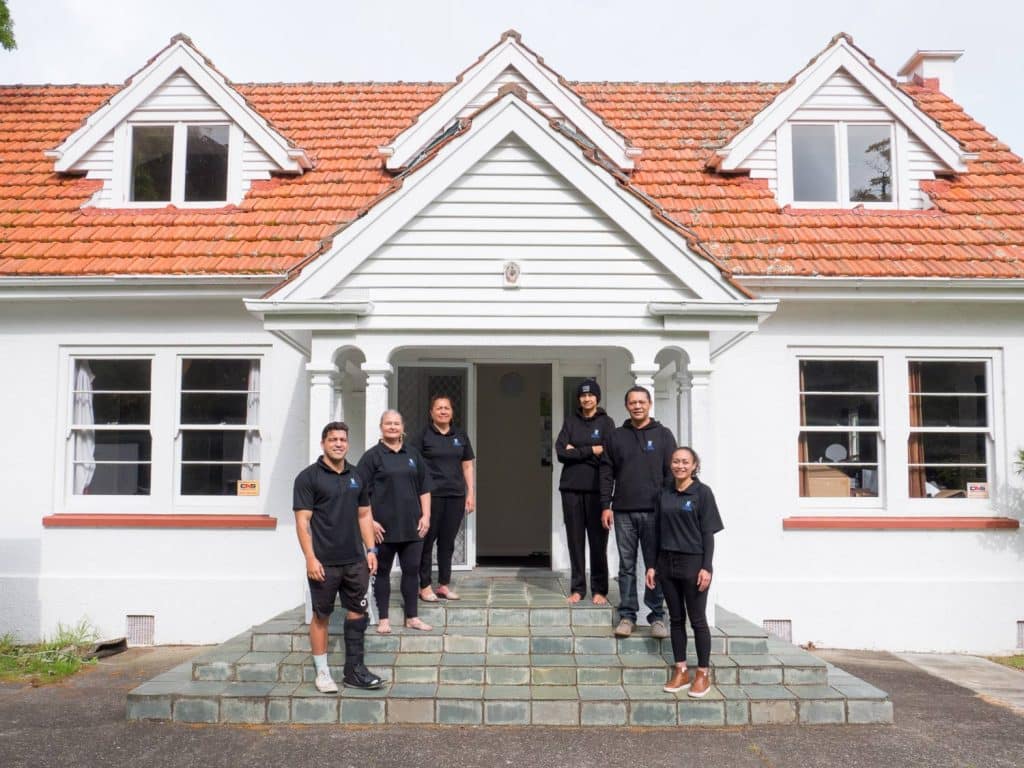
To enable the new service, Te Puna Ora o Mataatua has also leased the “White House” building on McAlister Street from Te Whare Wānanga o Awanuiārangi. The new building will also house the organisation’s Toitū Oranga Toitū Rongoā (Health and Medical Academy) and as well the Ngā Mata Wai Ora (Counselling and therapy Hub).
The new hub’s Team Lead Hiria Allison says she and the team are committed to using their knowledge of Kaupapa Māori and Clinical Frameworks. “We are all here to work alongside individuals and whānau who are wanting change from a cycle of constant hurt, blaming, denial and reliving trauma. We have the flexibility to wananga one-on-one or in group settings, it can be indoors at our therapy space or outdoors in our taiao; it’s about what works for each individual or whānau.”
Anyone wanting mental health support can contact Te Puna Ora o Mataatua. Accessibility is key, and the counselling team can be reached by dropping in to 132 McAlister Street (weekdays 9.30am-4.30pm), dropping a line in to @ngamatawaiora on Facebook or Instagram, or by calling 0800 MATAATUA (628 228) option 4.
Meet the team:
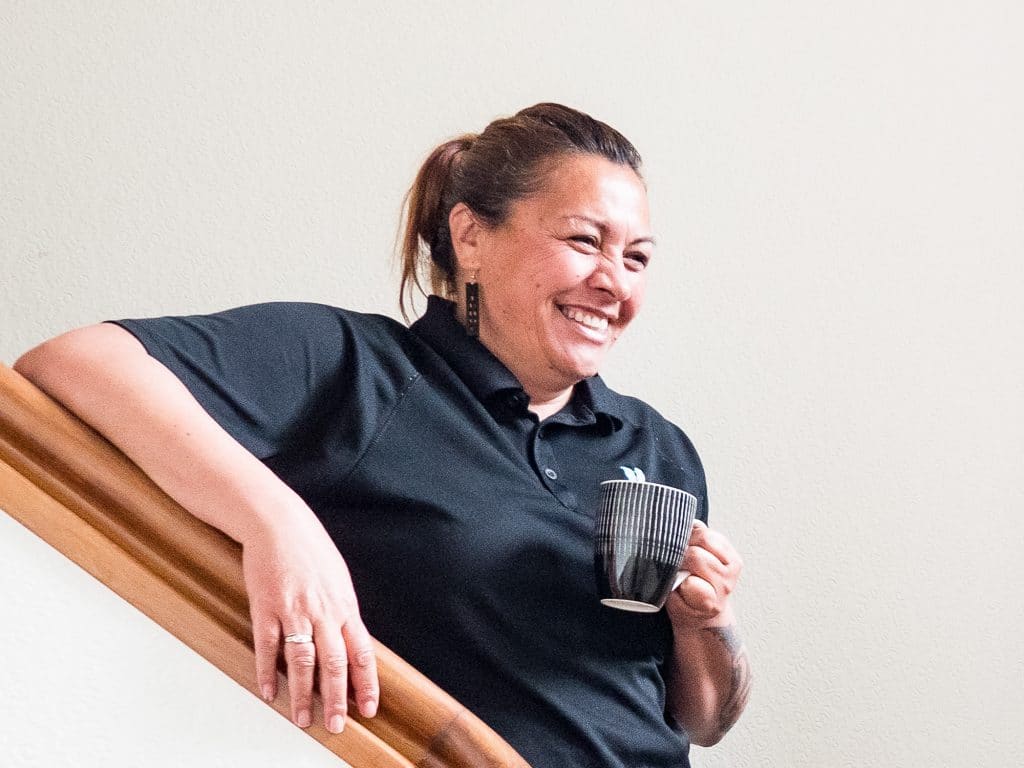
Hiria Allison:
Kai Arataki Mata Ora (Team Lead)
Te Whānau-ā-Apanui, Te Whakatōhea, Ngai Tūhoe
Registered Social Worker, Addictions Practitioner (DAPAANZ) & CEP practitioner.
Hiria Allison has worked in the social services and mental health sector for approximately 12 years. In her time as TPOOM’s sole counsellor for the past 2 years, she has identified an overwhelming need in the community for counselling services. Her passion is bringing healing to whanau who have been through troubling experiences and supporting them to discover healthy views of themselves.
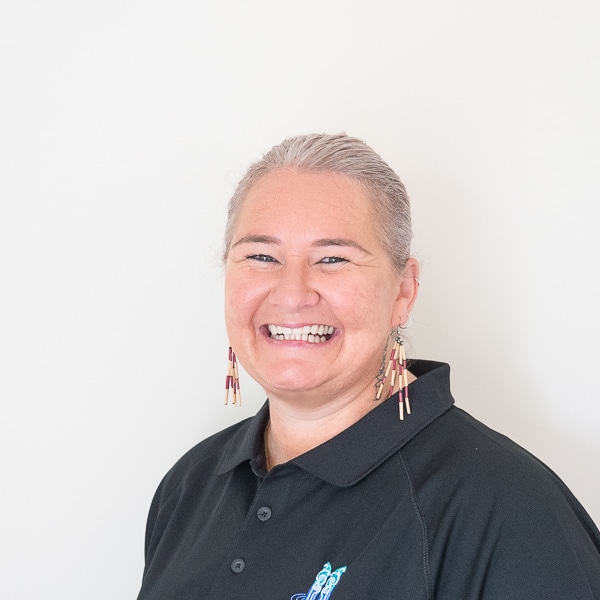
Serena Aim: Kai Mata Ora (Counsellor)
Ngāti Pākehā
Dip Counselling, Mauri Ora, Dip Maori Applied Co-existing Problems, AOD, Provisional Registration NZ Association of Counsellors
Serena is a registered counsellor from Ōpōtiki and for over six years has been in the Kaupapa Māori mental health and addiction working alongside tangata whaiora to reach their goals and aspirations within a safe and nurturing space. The most important thing to her is being able to provide a therapeutic space to ensure whanau are in a safe, caring, and confidential environment working one-on-one with a strength-based approach. She believes “Everything happens for a reason”.
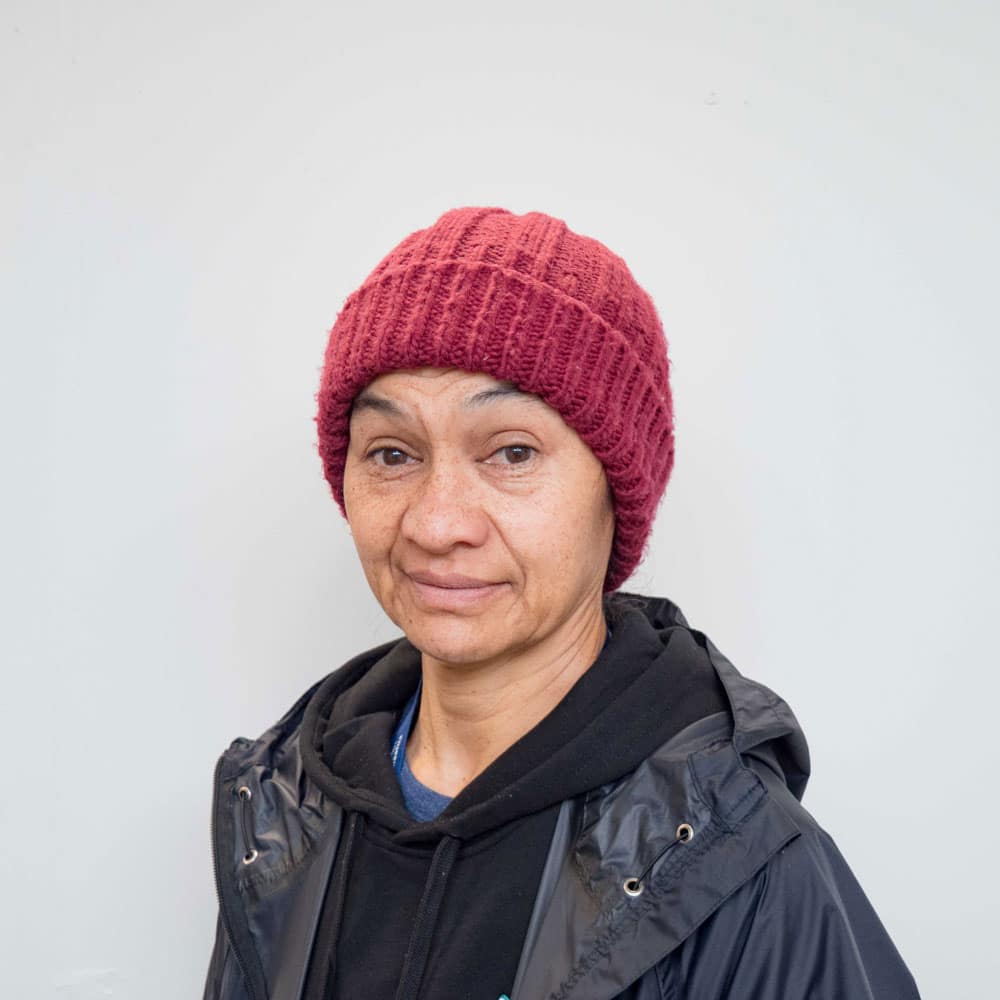
Roka Melbourne:
Kai Mata Ora (Clinical AOD Counsellor)
Ngāi Tāhoe / Ngāti Kahungunu /Ngā Puhi/ Te Rarawa / Te Aupōuri / Ngāti Hine
Registered social worker, AOD practitioner, CEP clinician
Roka is from Ruātoki and lives in Ōpōtiki. She has worked with several Iwi and government in the hauora sector across Mataatua for over 12 years. Roka’s passion is working in the community with whanau individually and as groups. She has a particular interest in building resilience through clinical and Te Ao Maori practices to support those affected by mental health or addiction.
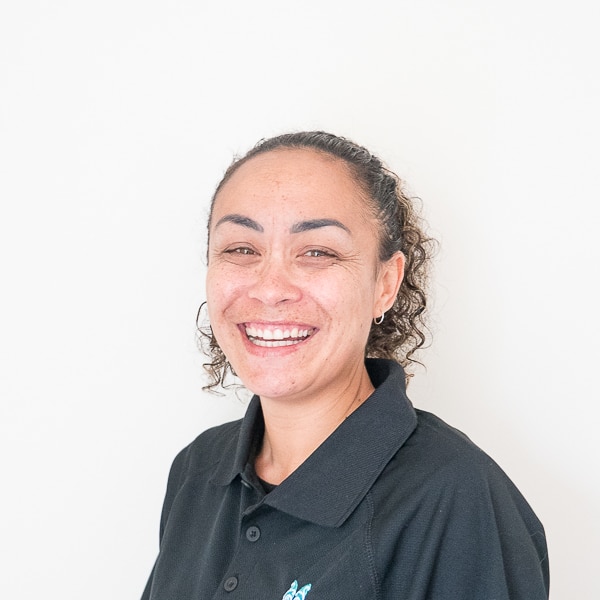
Matewai Wharepapa:
Kai Mata Aho (Whanau Ora Therapist)
Ngāi Tūhoe, Te Whānau-ā-Apanui, Ngāti Porou
BA (Hons), Pg Dip Ed (Primary), Cert in Public Health & Health Promotion (Suicide Prevention).
Matewai has worked as an empowerment coach alongside rangatahi and wahine to strengthen their mental, physical and emotional wellbeing, to build their resilience, self-confidence, self-love and self-esteem to achieve success in all areas of their lives. She is passionate about reconnecting Māori to their cultural identity and heal past traumas through both Te Ao Māori and Te Ao Pākehā methodologies.
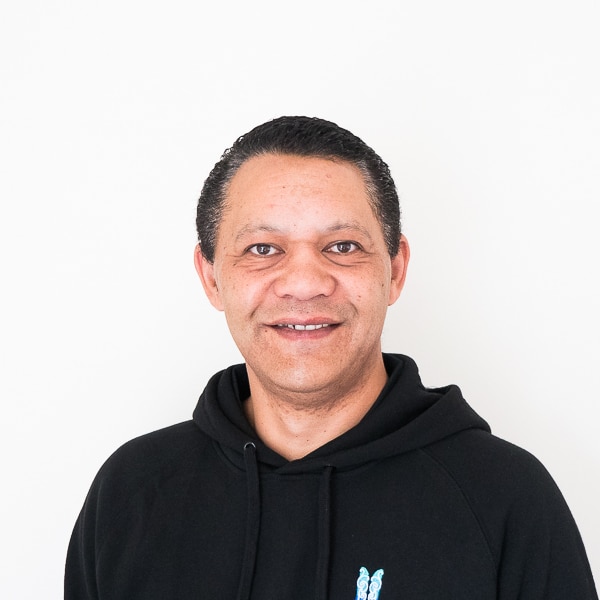
Zach Williams:
Kai Matakite (Spiritual Therapist)
Tūhoe, Whakatōhea, Ngāti Porou
Zach is from Rūātoki and his role is to support individuals and whānau in understanding the wairua/spiritual aspect of holistic wellness that goes alongside the wellness of the hinengaro (mind) and tinana (body). His passion is to suppport individuals and whānau to access kaupapa Māori healing therapies and facilitate one-on-one or group spiritual practice and learning sessions.
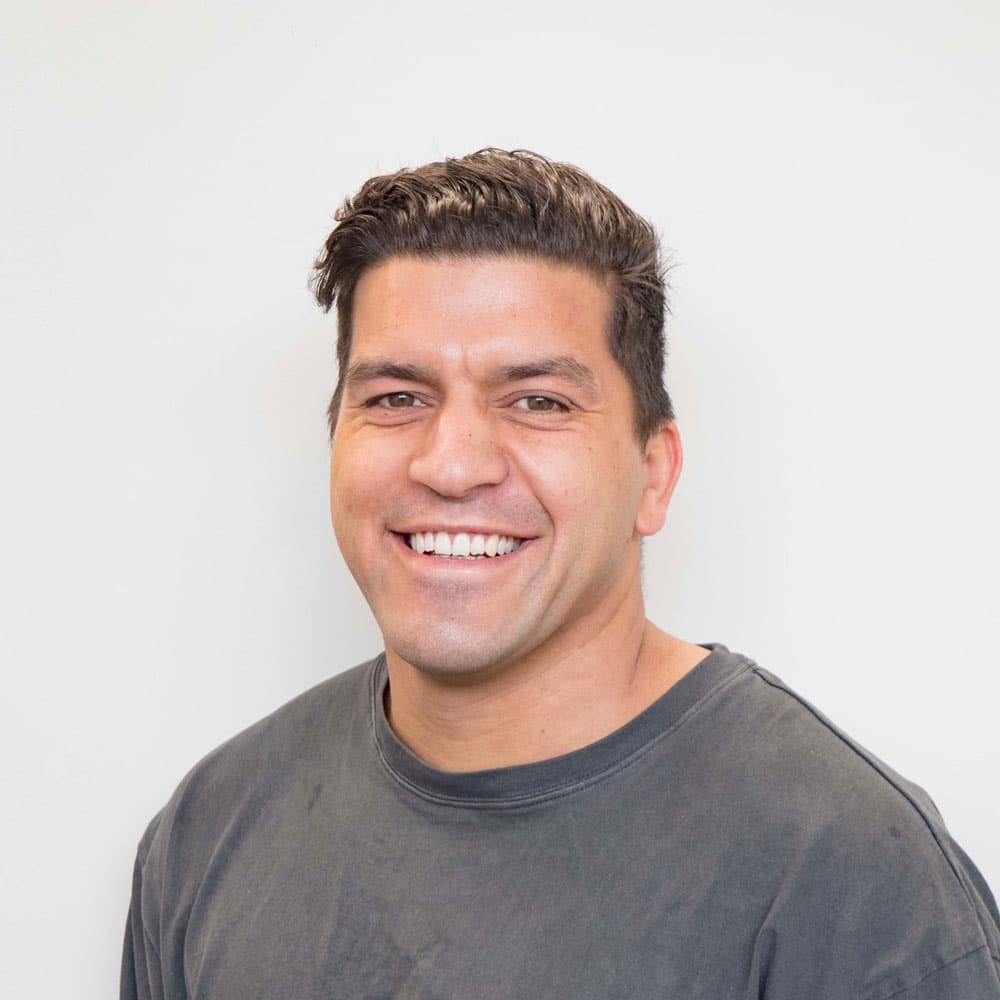
Matthew Leaf:
Kai Mata Aho (Physical & Mental Therapist)
Nga Puhi
Matthew grew up in the Manawatu but has lived in the Eastern Bay of Plenty for the past 4 years and is an “adopted local” of Ōpōtiki. Matthew has been working in youth Mental health for three years working with mostly young tane, supporting them to mental wellness. Matthew is young, energetic, and passionate about youth being happy and safe as they grow into young adults.

